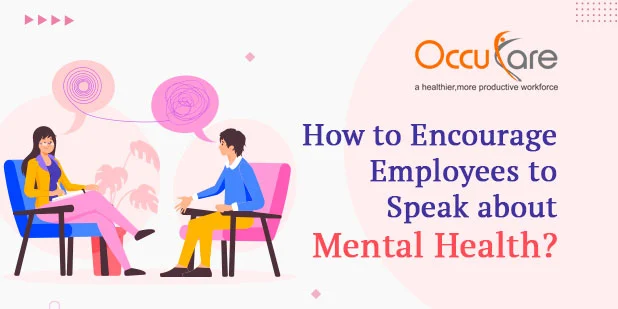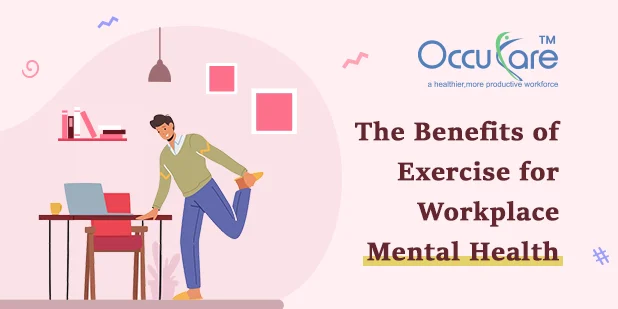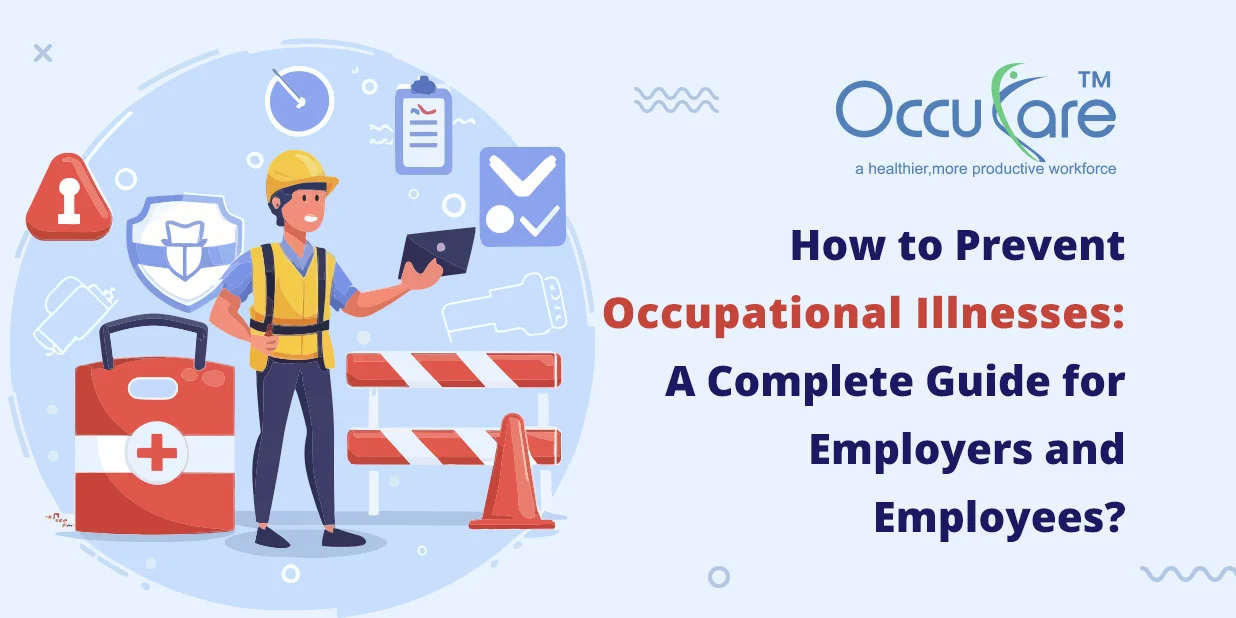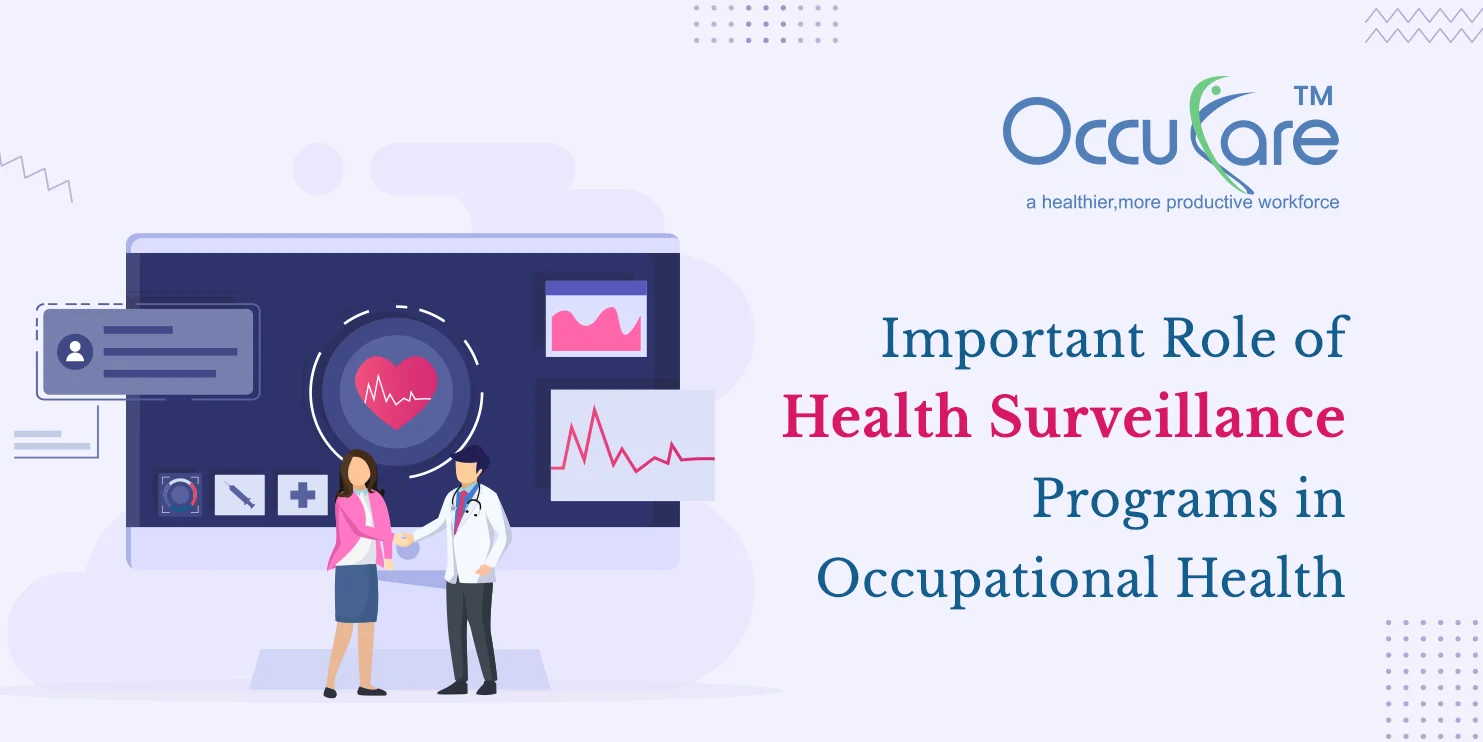Employees usually assume that their mental health problems will be treated differently than their physical health problems. For example, an employee may feel that if they take time off work – even substantial time off – for a medical condition, their employer will be more understanding. When an employee, on the other hand, admits to having a mental health problem, they typically fear that they will be recognized for it for the rest of their lives.
We all know that there are managers who believe that enduring very difficult work environments with punishing hours is a need for advancement.
How can you encourage people to speak up at work? We just attended a mental health first aid training, and it was obvious that some workers do not want to speak to their managers about their mental health for fear of it being recorded on their records. How can you encourage people to speak out at work?
Employees will only reveal their medical issues if they are certain that they will be understood, that they will not be unfairly evaluated, and that their careers will not be harmed as a result.
Many management teams have adopted an open-door policy in recent years, allowing employees to come forward with their issues. However, this does not always imply that every employee will feel comfortable speaking out when it comes to their mental health. Just have a look at the best health and safety software.
Poor mental health affects or has affected one out of every five persons. We spend the majority of our time at work, where we develop friends and earn a living. Having satisfying work can improve one’s mental health and well-being. Work, on the other hand, can sometimes be the source of poor mental health, leading to absenteeism. Employers, on the other hand, may do a lot to encourage employees to talk about their mental health.
The goal is to create an open and friendly atmosphere at work, where individuals feel comfortable speaking up about their mental health. There’s a lot you can do as an employer to assist your employees, whether it’s checking in with them or encouraging them to come to you.
It’s difficult for someone to speak up about their mental health, especially if you’re the first person they’ve told about it (as an employer). Make certain they are aware that you are willing to assist them. Talking honestly about mental health in the workplace can help it become a more common subject of conversation. You should ask your workers open-ended, non-judgmental questions and allow them to clarify their requirements.
In today’s business, listening is an extremely valuable ability. Employees are more likely to come to you when they need someone to listen to them if they believe you listen to them and act on their recommendations. The capacity to listen and take in information will inspire them to approach their mental health in the same way.
You may have a combination of external and internal services, which you should share with your staff, and HR departments are critical in assisting employers with mental health issues. Some businesses have also made it possible for employees to become Mental Health First Responders. Encourage any employee or colleague who is worried or displaying indications of poor mental health to seek help from the options available to them. There are also third-party resources available to assist. Health and safety software can easily manage all these things.
Mental health is a topic that is as personal as it gets. As an employer, you should make it clear from the start that any information provided by employees will be kept private. This type of sensitive information should only be shared with a small number of people (Easy to manage all these things in Health and safety software).
One-on-one catch-up sessions may be quite beneficial. Of course, depending on the scale of your organization, this may not always be practical, but they’re a wonderful way to start a dialogue about mental health. This time may be utilized to discuss a variety of topics, including work, personal concerns, and the employee’s mental health. Encourage them to seek help or share the help that is available to them if there is something that is hurting them.
Employees will understand that mental health matters and that transparency is vital if you build a working culture where you speak freely about mental health and all of the tools you have available. If you know someone who is suffering from mental illness, you might organize meetings to address the issue and just be there to listen and assist them. This will make your office a more friendly environment for everyone! Some companies have also encouraged workers to share their personal experiences to encourage others to do the same.
It’s usual for employees – and bosses – to become engrossed in their job and lose track of the hours of the day, which, if it becomes a habit, may negatively impact their personal lives. Your workplace should be professional, but it should also have a laid-back, patient, and upbeat atmosphere. Offering mental health benefits such as a Book Club or Yoga Club can be beneficial in reducing stress and providing an opportunity to unwind.
Employees should be encouraged to take their vacation time and work the hours that have been assigned to them. Of course, this does not mean that you are never permitted to work late, but if you observe an employee working longer than their authorized hours and appears to be suffering from their burden, it may be time to inquire about their situation and whether they want assistance. You need good health & safety management software to manage all these things.
When it comes to vacations and time away from the workplace, employees frequently follow their boss’s lead. If you are contacting and replying to clients while on vacation, they may feel obligated to do the same (regardless of whether you want them to or not).
Addressing mental health at work may appear to be a daunting undertaking, but it begins with modest actions to ensure that your staff feels comfortable discussing their mental health with you as if it were a physical ailment. To break the stigma around mental health, it should be discussed freely and honestly in all offices.








